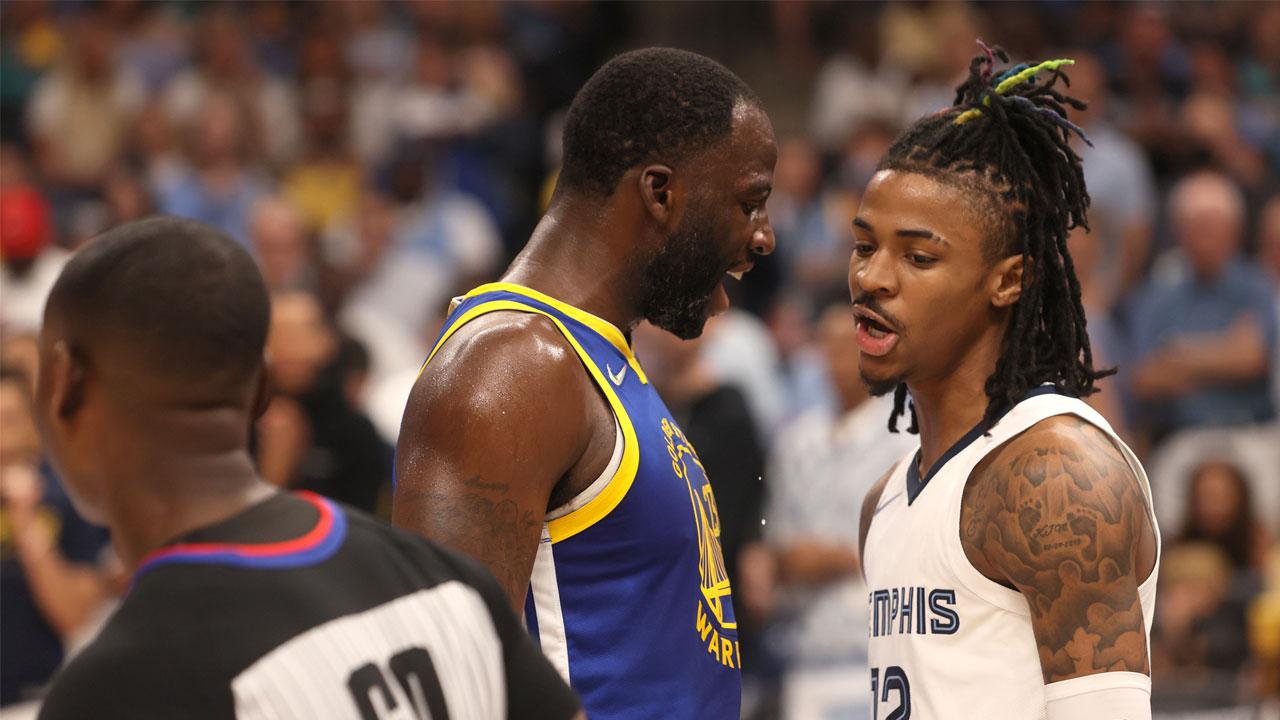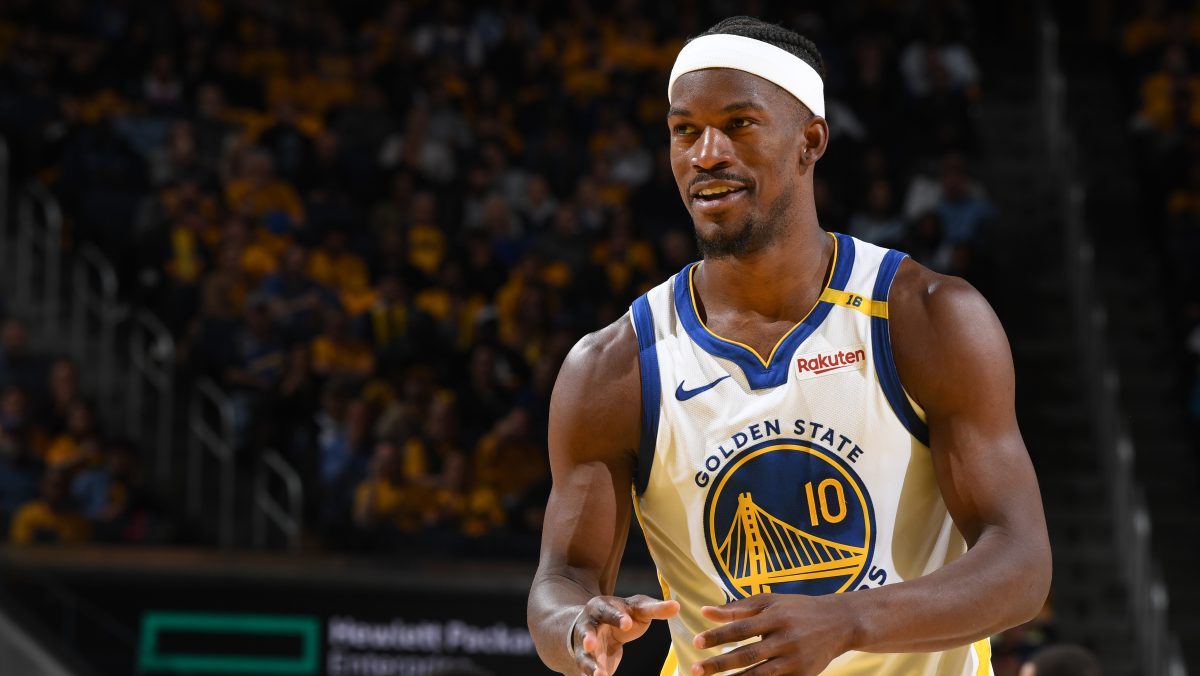Here we go.
The NBA and the Players Association reached an agreement in principle on Monday night on the start date, length and specifics of the upcoming 2020-21 season. The agreement is subject to a vote by the league's Board of Governors.
According to the agreement, the 2020-21 season will consist of 72 games and start on Dec. 22. Free agency negotiations will begin Friday, Nov. 20, at 6 p.m. ET, two days after next week's NBA draft, with signings starting at 12:01 p.m. ET on Nov. 22.
Stay in the game with the latest updates on your beloved Bay Area and California sports teams! Sign up here for our All Access Daily newsletter.
The salary cap and luxury tax will be set at $109.140 million and $132.627 million, respectively -- the same as they were for the 2019-20 season. However, teams' tax payments will be reduced in proportion to any decreases in Basketball Related Income (BRI).
That last part is particularly of interest to the Warriors. With $130.1 million committed to just Steph Curry, Klay Thompson, Draymond Green and Andrew Wiggins next season, Golden State was looking at a gigantic tax bill at season's end, which could very well result in a more frugal approach to roster building. But based on the agreed-upon structure, the Warriors likely will spend far less in luxury tax payments.
How much less, you ask? Well, as ESPN front office insider Bobby Marks explained, the savings could be quite significant.
No fans in arenas due to the COVID-19 pandemic -- at least to start -- inevitably will have a severe negative impact on league revenue. As Marks laid out, if revenues decrease by 30 percent, the Warriors could use their massive $17.2 million trade exception and save nearly $50 million in luxury tax penalties as compared to last season's structure.
That's fantastic news for the Warriors, and could compel them to be more aggressive in spending, since the tax payments will be considerably more manageable. The same goes for every other team, and yet, according to ESPN's Brian Windhorst, some of them apparently aren't too happy about it.
"This is possibly a significant victory for the Warriors and rival teams are already upset (again)," Windhorst tweeted.
That, my friends, is what we call living rent-free.
Golden State Warriors
Find the latest Golden State Warriors news, highlights, analysis and more with NBC Sports Bay Area and California.
The Warriors mostly have been irrelevant for the last year, and the rest of the teams in the league weren't the least bit upset about it. With Golden State on an injury-induced sabbatical, that was one major hurdle out of their way.
But now the Warriors are back, and they're back with a vengeance. The core of their dynasty is healthy and amply motivated, and that absolutely should put a scare into the rest of the league.
However, nothing that they've done or will do under the new agreement is unfair -- just as it wasn't unfair when they signed Kevin Durant in free agency in July 2016. They drafted Steph Curry, Klay Thompson and Draymond Green. They turned Durant into an asset that ultimately landed them Wiggins. They have built an organization that players rightfully are attracted to.
RELATED: Report: Warriors value T-Wolves' 2021 pick more than No. 2
Lucky? Sure. Timing is everything, as they say. But it's not as if the Warriors had any control in setting things up this way. They might benefit more than most teams, but let's not forget, they arguably were hurt more financially by last season than anyone else. Had Chase Center been permitted to have anywhere near the kind of debut season the Warriors had long planned for, they likely would have been able to afford a humongous luxury tax bill next season anyway.
The last time other teams reportedly cried like this, Golden State went on to win the next two NBA championships. The new luxury tax structure doesn't guarantee anything, but the reaction to it tells you plenty about how much they're feared.




